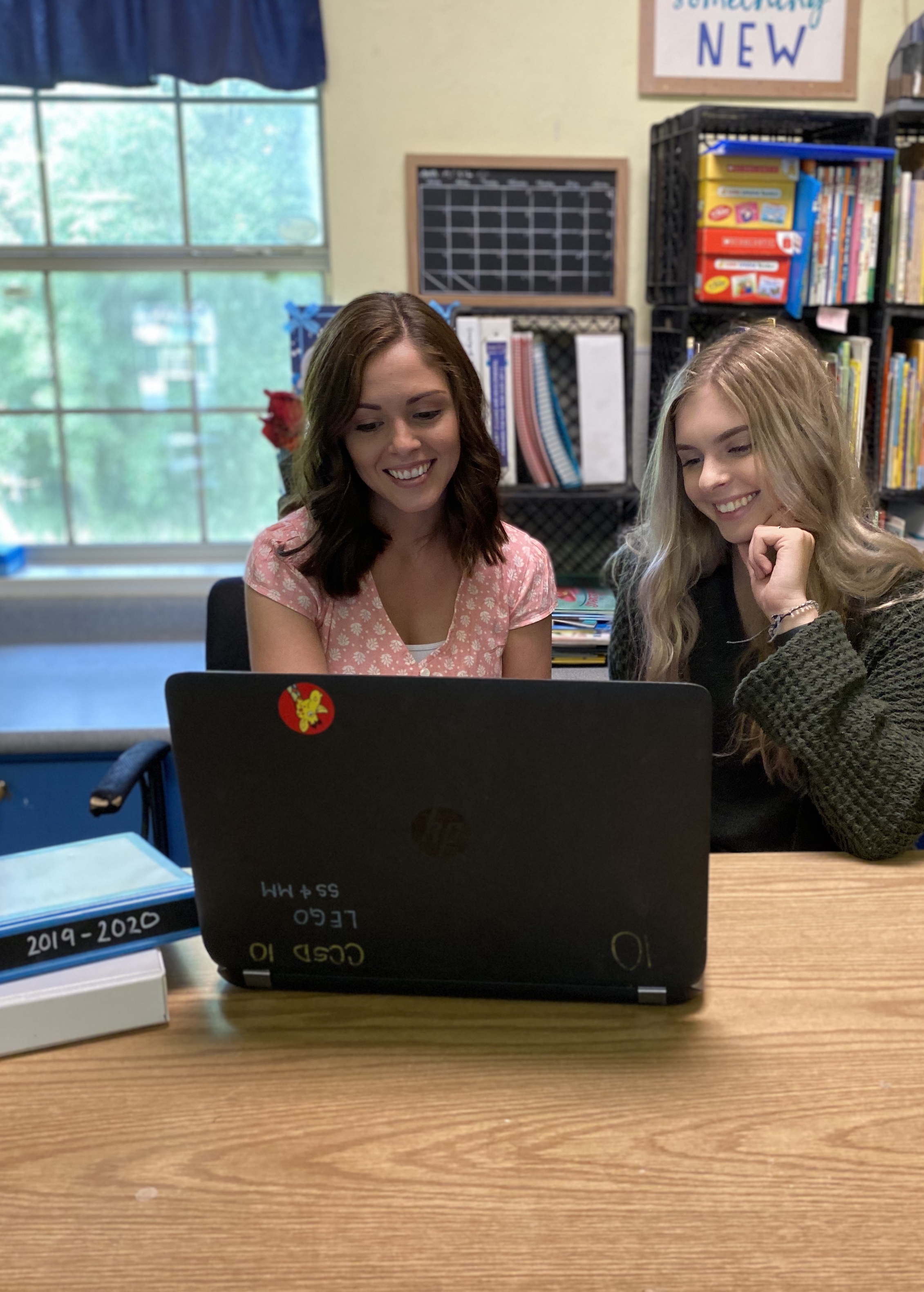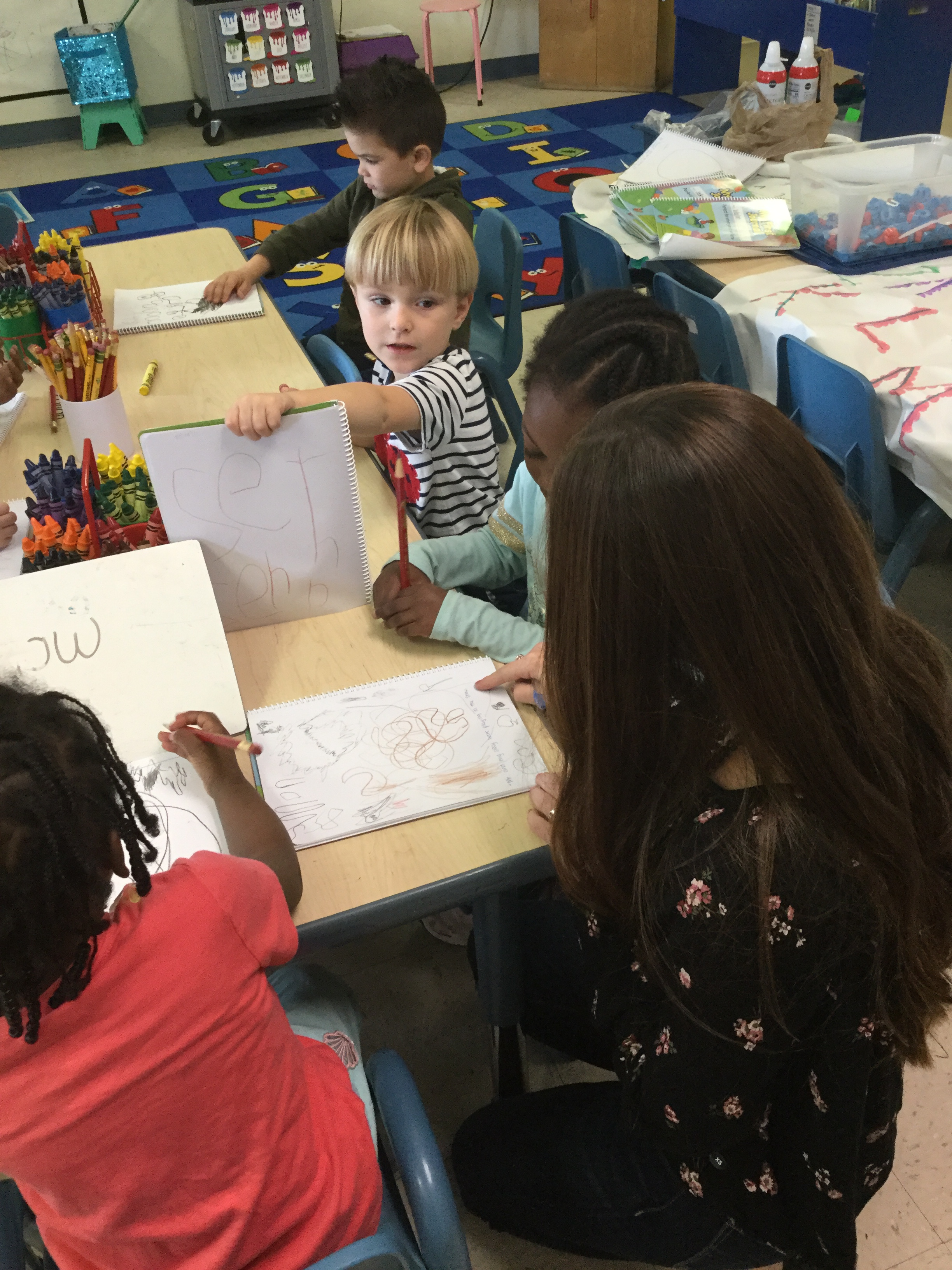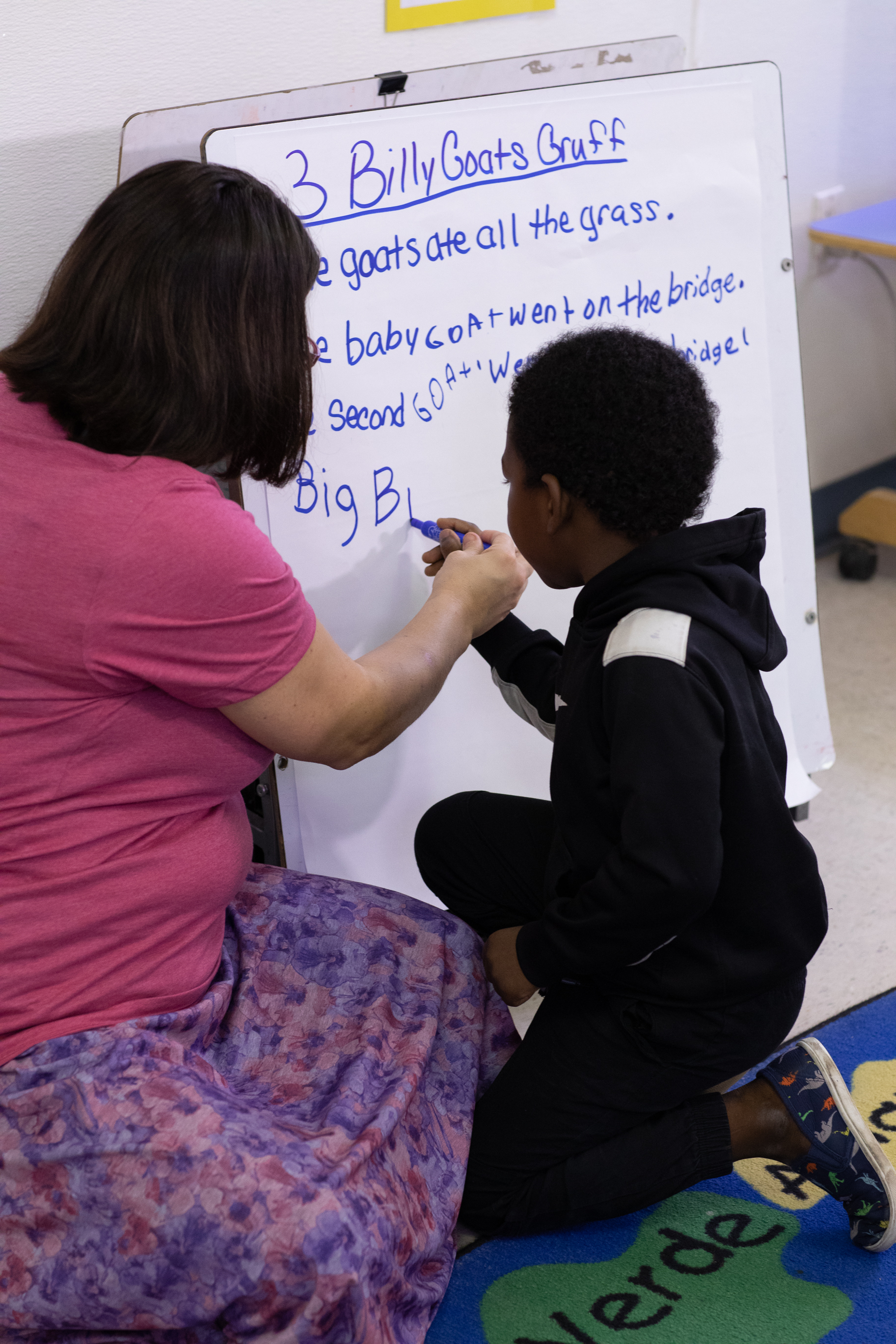Professional Learning Modules
Professional Learning Modules
Por el momento, esta página no está disponible en español.
Welcome to the Preschool Director Toolkit for Professional Learning. The Toolkit provides professional learning for early educators on topics that are relevant in preschool classrooms. The content for each module is based on the Florida Early Learning and Developmental Standards (2017) and uses developmentally appropriate research-based practices to support young children in reaching expected learning outcomes.
The modules are designed to support a variety of delivery methods for professional learning. Directors, early learning coaches and trainers can use the modules in a community of practice with their instructors or as a small group training experience. In addition, instructors are able to independently review and learn from each module based on interest and professional learning needs.






